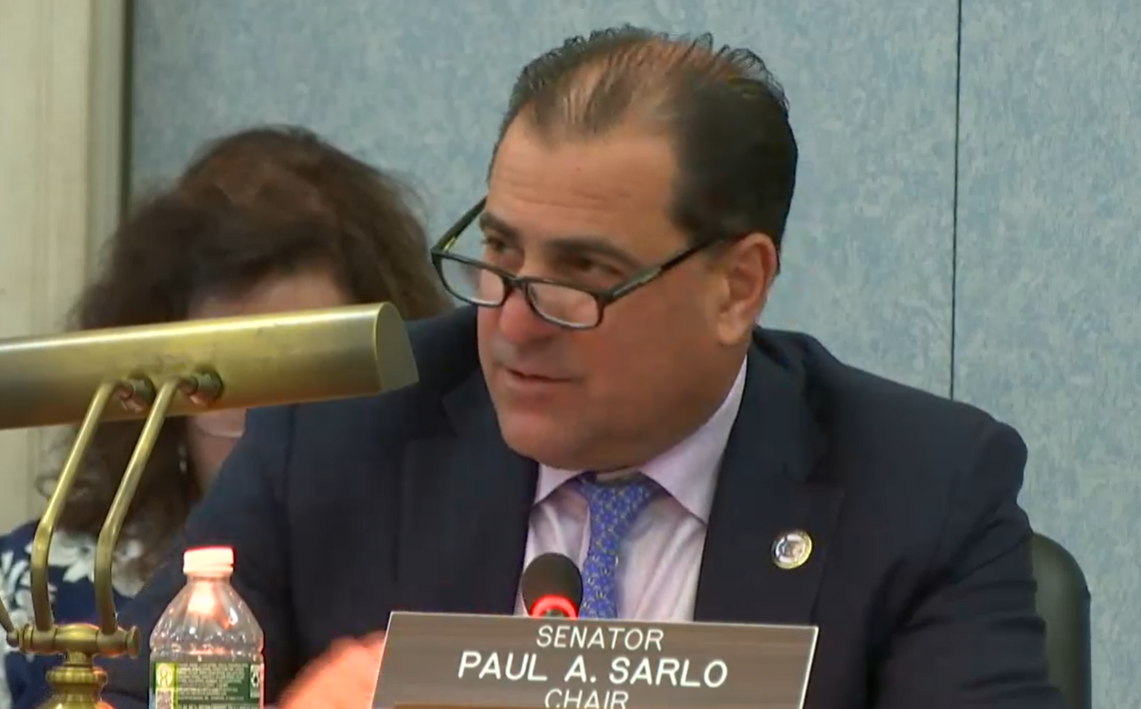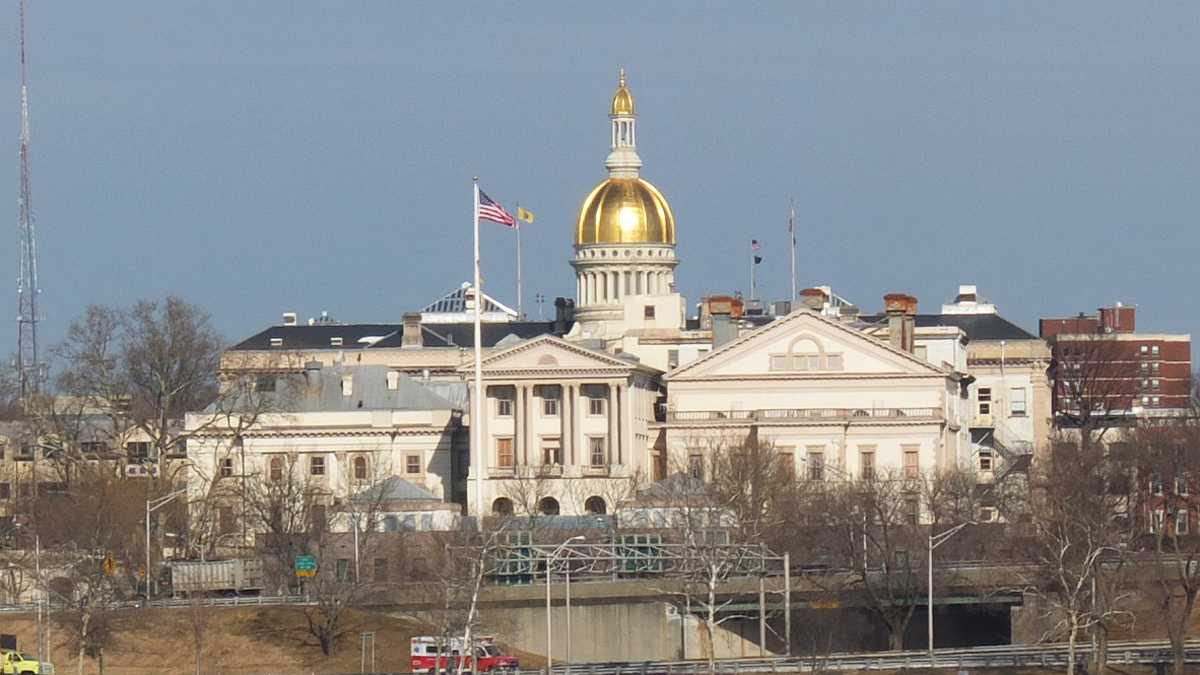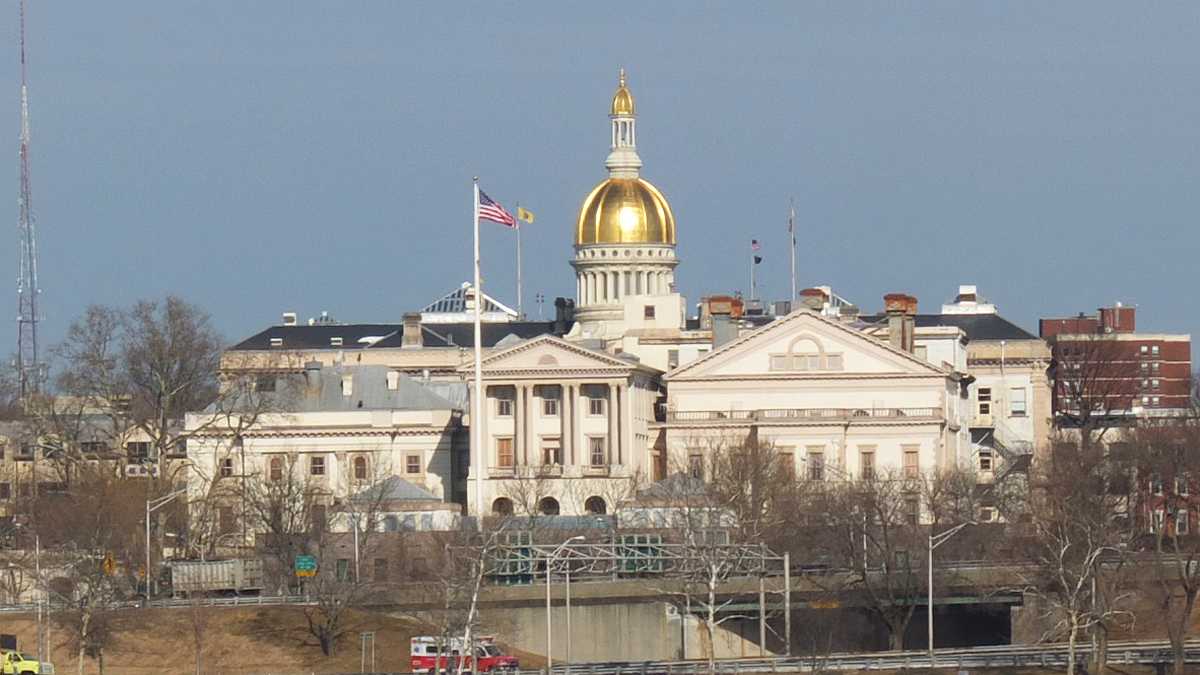On Monday, the Senate and Assembly Budget Committees held their respective meetings to discuss the legislative agenda for the upcoming year. These meetings are crucial in setting the tone for the state’s budget and determining which bills will receive funding and support.
The Senate Budget Committee, led by Chair Paul Sarlo, discussed several key issues, including the state’s pension system, school funding, and healthcare. One of the most pressing issues was the state’s pension system, which has been underfunded for years. The committee discussed potential solutions to this problem, including increasing contributions from both employees and employers.
Another topic of discussion was school funding. The committee debated how to distribute funds fairly across the state’s school districts, with some members advocating for a more equal distribution of funds. Healthcare was also on the agenda, with the committee discussing ways to improve access to healthcare for all New Jersey residents.
Over in the Assembly Budget Committee, Chair Eliana Pintor Marin led discussions on a range of issues, including property taxes, transportation funding, and environmental protection. One of the most significant topics was property taxes, which are among the highest in the nation. The committee discussed potential solutions to this problem, including increasing funding for municipal aid and implementing a cap on property tax increases.
Transportation funding was also a hot topic, with the committee discussing ways to improve the state’s infrastructure and reduce traffic congestion. Environmental protection was another issue on the agenda, with the committee discussing ways to address climate change and protect New Jersey’s natural resources.
Overall, both committees had a busy day discussing a wide range of issues that will impact the state’s budget and legislative agenda for the upcoming year. These meetings provide an important opportunity for lawmakers to come together and work towards solutions that will benefit all New Jersey residents. As we move forward, it will be interesting to see how these discussions translate into action and what impact they will have on the state as a whole.



